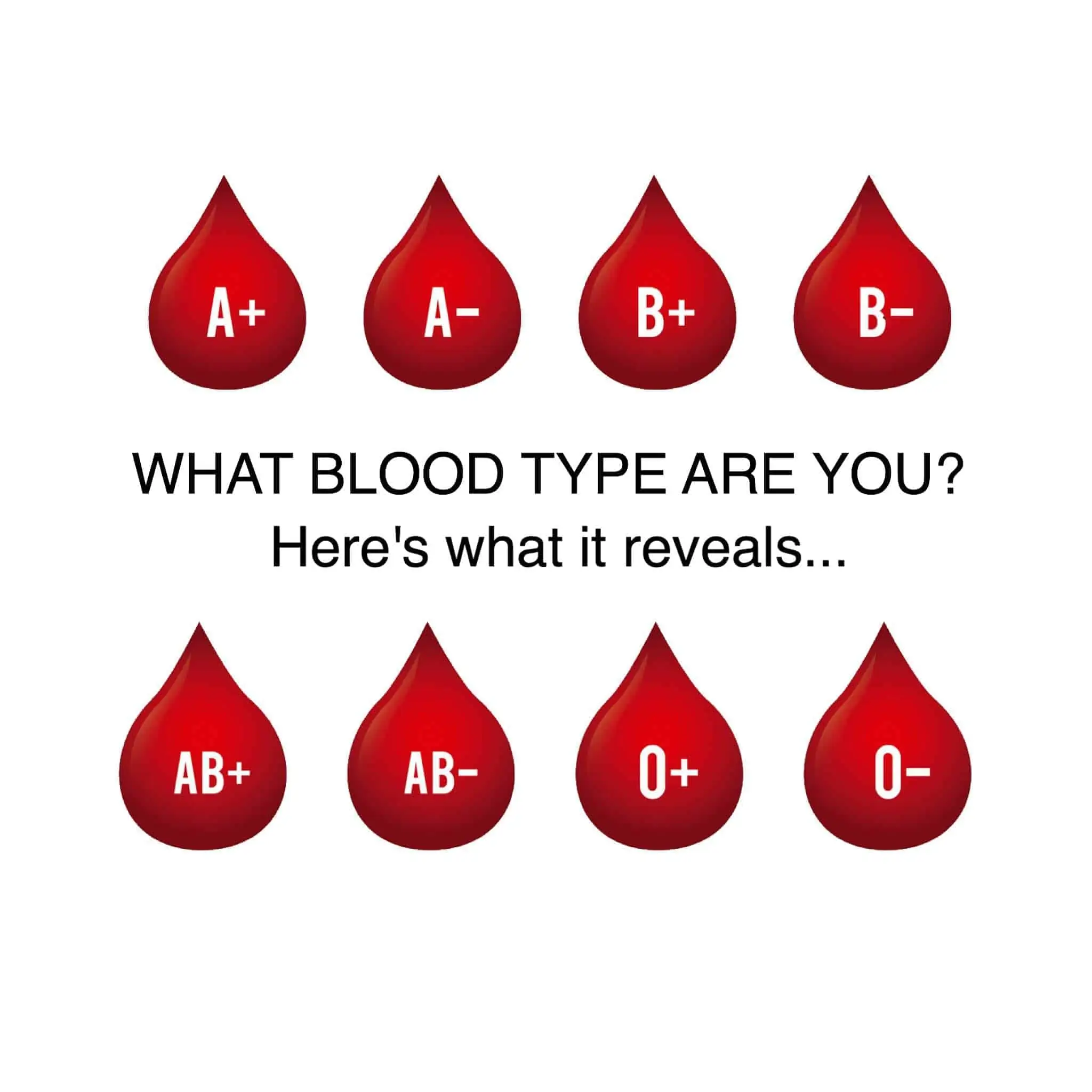Blood Type That Offers the Strongest Immunity

When it comes to blood groups, some people believe certain types offer stronger immunity than others. While immunity is largely determined by genetics, lifestyle, and environmental factors, there has been some research into how different blood types might influence immune responses.....CONTINUE READING THE FULL STORY HERE
Blood Group O is often considered to have the strongest immunity. This is due to the fact that people with type O blood have no A or B antigens on the surface of their red blood cells, which makes them less susceptible to infections from certain bacteria or viruses.
Studies have suggested that people with type O blood may have a lower risk of developing conditions like heart disease and certain cancers, possibly because their immune systems are more adept at handling infections and other stressors.
In fact, type O blood is often linked to a stronger ability to fight off diseases, including some viral infections.
On the other hand, blood group A, B, and AB individuals may have slightly different immune responses due to the presence of the A or B antigens on their cells, which can affect how their bodies respond to certain pathogens.
This can sometimes make them more vulnerable to specific viruses or bacterial infections, though this doesn’t necessarily mean their immunity is weak just that it’s different.
However, it’s essential to remember that immunity is complex. Factors like diet, exercise, sleep, stress, and overall health play a far more significant role in determining how well your immune system functions than your blood type.
So while blood group O might have certain advantages, a healthy lifestyle is key to boosting immunity no matter your blood type.
Staying active, eating a balanced diet, managing stress, and getting adequate sleep are all important ways to support your immune system.
